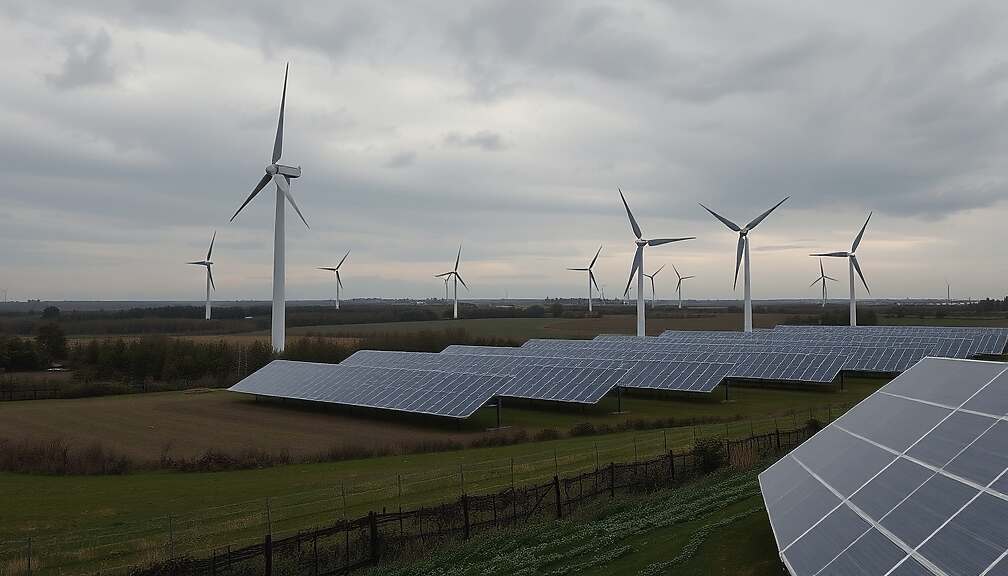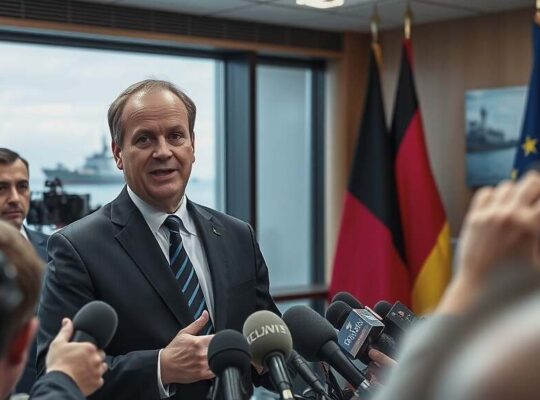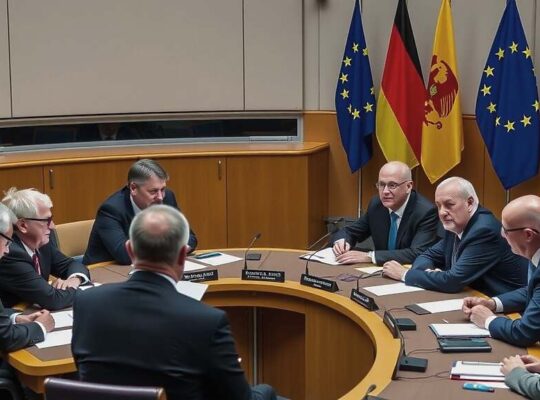The German Green Party is poised for a significant shift in its energy policy, signaling a potential departure from established approaches and escalating the debate surrounding Germany’s ambitious climate goals. A draft proposal, titled “Energy Transition 2.0: Utilization instead of Stifling” set to be presented at the party’s November convention in Hanover, outlines a strategy that prioritizes accelerated adoption of renewable energy sources and a decentralization of the current energy infrastructure.
The proposal, reported by “Handelsblatt”, emphasizes a necessary acceleration of the ‘Energiewende’ aiming for a complete transition to 100% renewable energy – solar, wind and hydro – with the ultimate goal of establishing Germany as a climate-neutral industrial powerhouse. This represents a direct challenge to perceived bottlenecks and inertia within the existing plan.
Central to the revised strategy is a move away from large-scale, fossil fuel-dependent systems towards a more decentralized model, empowering individual households and small-to-medium enterprises to become active participants in energy production and consumption. The draft portrays Germany as an “electrified state” positioned to leverage innovation and compete with nations reliant on vast fossil fuel reserves, a subtle but pointed commentary on the geopolitical landscape.
Notably, the proposal explicitly opposes plans for new natural gas power plants, a contentious issue within the government coalition and questions the fairness of Germany’s unified electricity pricing system. Critics argue this system unfairly burdens renewable energy producers and consumers. The Greens are reportedly preparing a major campaign to resist what they are characterizing as a “fossil rollback” across all levels of policy.
The timing of this document – released ahead of a crucial party conference – suggests an attempt to proactively shape the narrative surrounding Germany’s energy future and potentially exert pressure on coalition partners. While representing an ambitious vision, the proposal raises questions about the practical feasibility of such rapid transformation and the potential economic and social implications for German citizens and industry. The debate promises to be contentious and could significantly impact the trajectory of Germany’s climate and energy policy.












